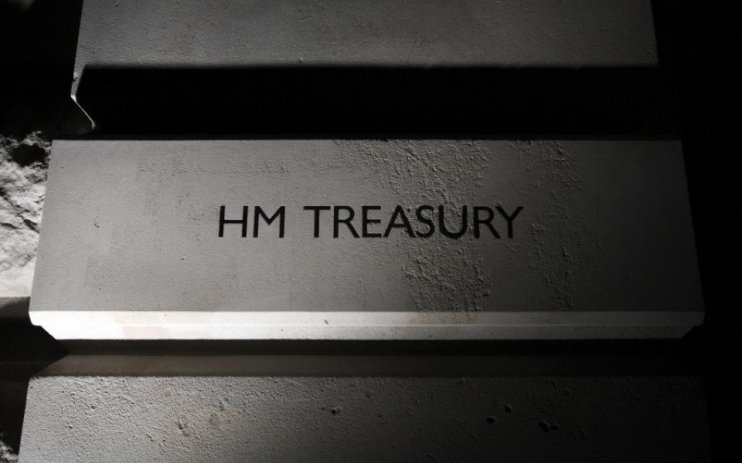UK debt interest payments show the desperate need for economic growth

Towards the end of the Johnson administration, which still staggers along in zombie-like fashion, it became fashionable to say that the problem was it never really stood for anything. This is true: even now with a degree of distance, Johnsonism remains something of a mystery beyond its defining principle that Boris remain very much in charge.
Next door in Number 11, though, there was a degree of ideology at the heart of Sunakonomics. Specifically, that debt wasn’t risk-free: increasing government borrowing would, the former Chancellor felt, leave the UK’s public finances heavily exposed in the case of higher than expected inflation.
Well, Rishi was right. The UK’s debt bill next year will top £100 billion, turning already grim looking public finances into a spreadsheet-based rendering of Edvard Munch’s The Scream. Inflation has made an already grim situation worse, but even if inflation was to fall rapidly (and unexpectedly) it does not hide the fact that Britain needs sustained economic growth in the worst way, lest we turn into a tribute to Japan in the 1990s.
A combination of an ageing population and a clunky, bureaucratic state is a recipe for disaster without a rosy economic outlook.
As this interminable leadership contest continues, less of any importance seems to be said. There seems no appreciation from either Liz Truss nor indeed the leadership-version of Rishi Sunak of the gravity of the UK’s economic situation.
It does not help that the Lib Dems and Labour, far from engaging in any meaningful way, are content to drum up a political row over our productivity problem because of some clumsy comments from the Foreign Secretary about graft.
Whoever wins this election is going to be faced with difficult choices in just about every direction, but the one defining task of whoever sets foot in No. 10 will be to create the conditions for growth. Nationalisation chatter and threats of further windfall taxes are not a part of that effort.